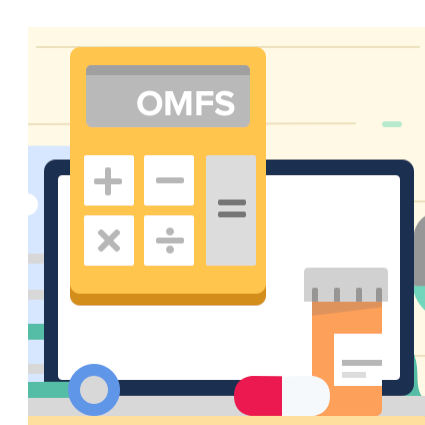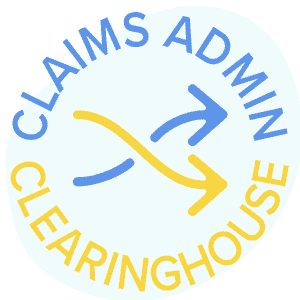Work Comp Email Scams Run Afoul of California Law

A longtime DaisyBill client recently emailed our headquarters with concern. She was forwarding an email with the subject line “Revenue generation through topicals.” At first glance, the message seems innocuous, and even sincere. It includes phrases like “it helps to reduce opioid intake” and “this program adheres to all Stark laws.” But a closer read – and a cursory understanding of California law – unmasks the email for what it truly is: A drug scam similar to the one that recently landed 22 California medical providers in a $23.2 Million kickback lawsuit against Monarch Medical Group.[1]
A Microsoft Word document attached to the email also details the drugs in question and is full of still more rosy phrases: “We work with workers’ comp carriers to educate and inform.” “Patients leave the physician’s office with medication in hand.” “Provides an extra stream of revenue with minimal staff involvement.” The email even boasts of profits “between $500 and $800 per patient per month.”
Let’s be clear on this: This is a kickback scheme. Receiving a fee for prescribing medication emphatically does not adhere to the California Labor Code, nor to the Business and Professions Code.[2]
California Business and Professions code strictly prohibits physicians from “the offer, delivery, receipt, or acceptance... of any rebate, refund, commission, preference, patronage dividend, discount, or other consideration, whether in the form of money or otherwise, as compensation or inducement for referring patients, clients, or customers to any person, irrespective of any membership, proprietary interest, or coownership in or with any person to whom these patients, clients, or customers are referred.”[3]
What does that mean? It is illegal for providers to profit from referrals, and the penalties for doing so are harsh. In fact, the California Division of Workers’ Compensation (DWC) has already indicated that even more provider suspensions will be announced.
Our thanks go out to the client who brought this email drug scheme to our attention. Similar work comp email scams are percolating throughout the California workers’ comp system – make sure you recognize them for what they are. While it’s probable that some of the providers named in the Monarch suit knew exactly what they were getting into, it’s also possible that others failed to register the illegality of the scheme.
Now more than ever, it’s important for providers to scrutinize any offers of partnership for financial gain. If necessary, we encourage providers to consult legal experts to determine the legality or illegality of such offers. Fraud has long been a black eye on the face of workers’ comp. Ensuring that you receive proper education and advice can help rewrite that narrative.
To learn more about California workers’ comp billing, visit our Webinar Library below:
Webinar Library
[1] More information on the Monarch case can be found on Work Comp Central. (Subscription required and recommended.)
[2] Full text of California Labor Code 139.3 here. Full text of Business and Professions Code 650 here.
[3] See Section 650 of the California Business and Professions Code.
DaisyBill provides content as an insightful service to its readers and clients. It does not offer legal advice and cannot guarantee the accuracy or suitability of its content for a particular purpose.


.gif)
.gif)
